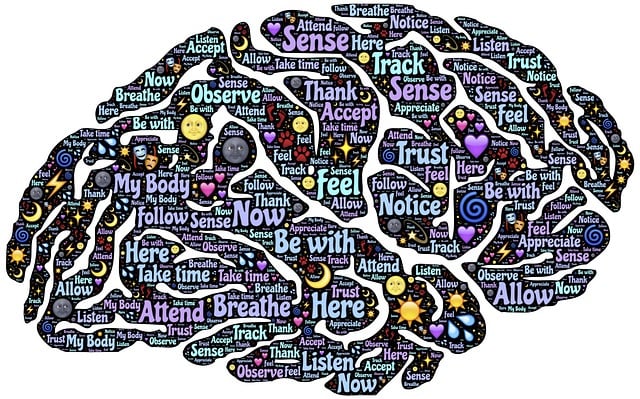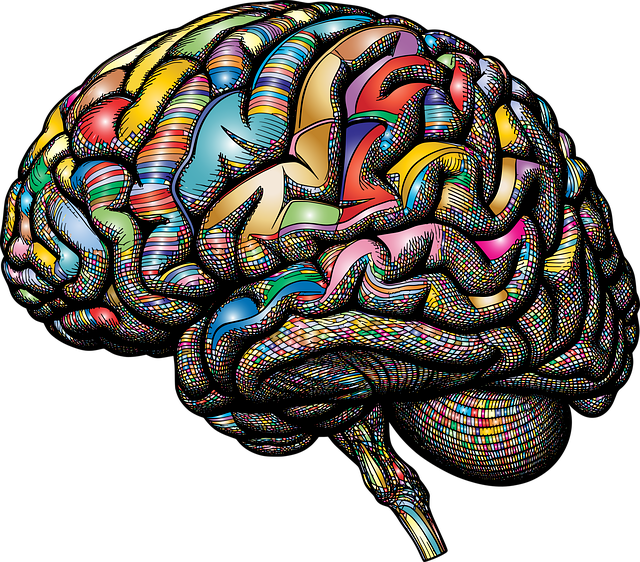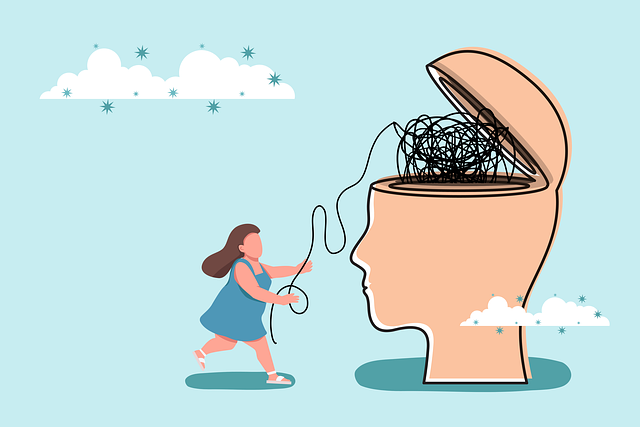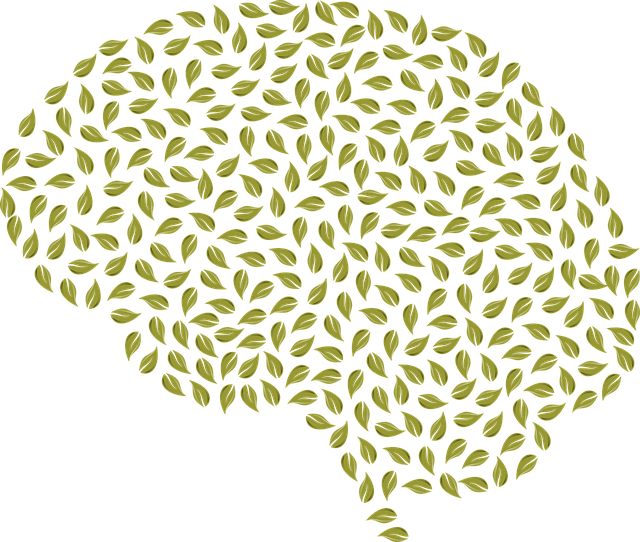Understanding mental health data through evidence-based techniques like EMDR certified practices is vital for effective analysis, especially in therapy for children. By examining diverse sources and adopting a nuanced approach, professionals gain insights into psychological states and behaviors. EMDR therapy, globally recognized, uses bilateral stimulation to address traumatic memories and emotions, building resilience and self-esteem. Data interpretation enables personalized therapy plans, with certified therapists using trends to target specific needs. Strict ethical considerations and privacy protocols, including informed consent and encrypted systems, foster trust and encourage open dialogue in this sensitive field.
Mental health data analysis plays a pivotal role in understanding and treating psychological conditions. This article explores critical aspects of this process, focusing on EMDR therapy as a game-changer for children. We delve into understanding complex mental health data and how certified EMDR therapists interpret insights to tailor treatment strategies effectively. Additionally, we address ethical considerations and privacy measures essential in the responsible analysis of sensitive data, ensuring effective yet secure support for young minds.
- Understanding Mental Health Data: The Foundation of Analysis
- EMDR Therapy for Children: A Certified Approach
- Interpreting Data to Tailor Treatment Strategies
- Ethical Considerations and Ensuring Privacy in Data Analysis
Understanding Mental Health Data: The Foundation of Analysis

Understanding Mental Health Data is the bedrock upon which effective analysis and interpretation rest. It involves meticulously collecting, organizing, and examining information related to individuals’ psychological states, behaviors, and responses to various interventions, including therapy for children. This data can be sourced from numerous avenues, such as clinical assessments, surveys, and electronic health records. By employing evidence-based techniques like EMDR (Eye Movement Desensitization and Reprocessing) certified practices, professionals gain valuable insights into the complex nature of mental health issues.
The process necessitates a nuanced approach to ensure accurate interpretation. It involves not just identifying patterns but also considering cultural contexts, individual differences, and environmental factors that may influence outcomes. Incorporating Emotional Well-being Promotion Techniques and delving into Mental Health Policy Analysis and Advocacy can provide a holistic view, enhancing the effectiveness of Trauma Support Services. This comprehensive understanding is pivotal in developing targeted interventions and policies aimed at improving overall mental health and well-being.
EMDR Therapy for Children: A Certified Approach

EMDR Therapy for Children: A Certified Approach
Eye Movement Desensitization and Reprocessing (EMDR) is a highly effective therapy for children, as certified by renowned mental health organizations worldwide. This approach leverages side-to-side eye movements, or other bilateral stimulation techniques, to help young individuals process traumatic memories and emotions. By engaging in this unique therapy, children can learn to manage and overcome challenges such as depression prevention, resilience building, and self-esteem improvement.
The certified EMDR approach ensures that trained therapists use specific protocols tailored for children’s needs. This not only enhances the therapeutic experience but also increases the likelihood of positive outcomes. Through EMDR, children can work through past traumatic events, reducing their impact on present-day functioning. As a result, they develop healthier coping mechanisms and regain a sense of control over their emotional well-being.
Interpreting Data to Tailor Treatment Strategies

Interpreting data is a crucial step in mental health care, especially when tailoring treatment strategies for children. By analyzing trends and patterns within collected data, professionals can gain valuable insights into each child’s unique needs. This process allows them to go beyond one-size-fits-all approaches and design personalized therapy plans. For instance, EMDR (Eye Movement Desensitization and Reprocessing) Certified therapists can use data to identify specific triggers and emotional responses, enabling them to incorporate targeted techniques that enhance inner strength development in children who have experienced trauma.
Moreover, understanding data helps in monitoring the effectiveness of interventions over time, facilitating adjustments as needed. This dynamic approach not only ensures better engagement during therapy sessions but also contributes to building resilience in children. By consistently evaluating progress and making informed decisions based on data interpretation, mental health professionals can provide more effective support, ultimately enhancing the overall success of trauma support services for young individuals.
Ethical Considerations and Ensuring Privacy in Data Analysis

In the realm of mental health data analysis, ethical considerations and ensuring privacy are paramount, especially when dealing with sensitive information about children’s emotional well-being. As therapy for children becomes increasingly integrated into modern healthcare, the need for strict data protection protocols is evident. Certified EMDR therapists play a crucial role in navigating this landscape, balancing the pursuit of knowledge with the preservation of client confidentiality. Every step of data analysis must account for potential risks and vulnerabilities associated with mental illness stigma reduction efforts, ensuring that personal details remain secure and anonymous.
The process involves adhering to stringent ethical guidelines, such as obtaining informed consent, anonymizing data, and utilizing encrypted systems for storage and transfer. These precautions are vital to fostering trust between clients and healthcare providers, encouraging open communication about mental wellness challenges without fear of exposure or judgment. By prioritizing these ethical considerations, the field can advance while upholding the highest standards of patient care and confidentiality.
Mental health data analysis is a complex yet powerful tool, especially when tailored to children’s unique needs. As highlighted, understanding the data and employing certified approaches like EMDR therapy can significantly enhance treatment outcomes. By carefully interpreting information, professionals can create personalized strategies, ensuring each child receives the best possible care. Furthermore, adhering to ethical standards and prioritizing privacy is vital for building trust and fostering effective mental health support.













